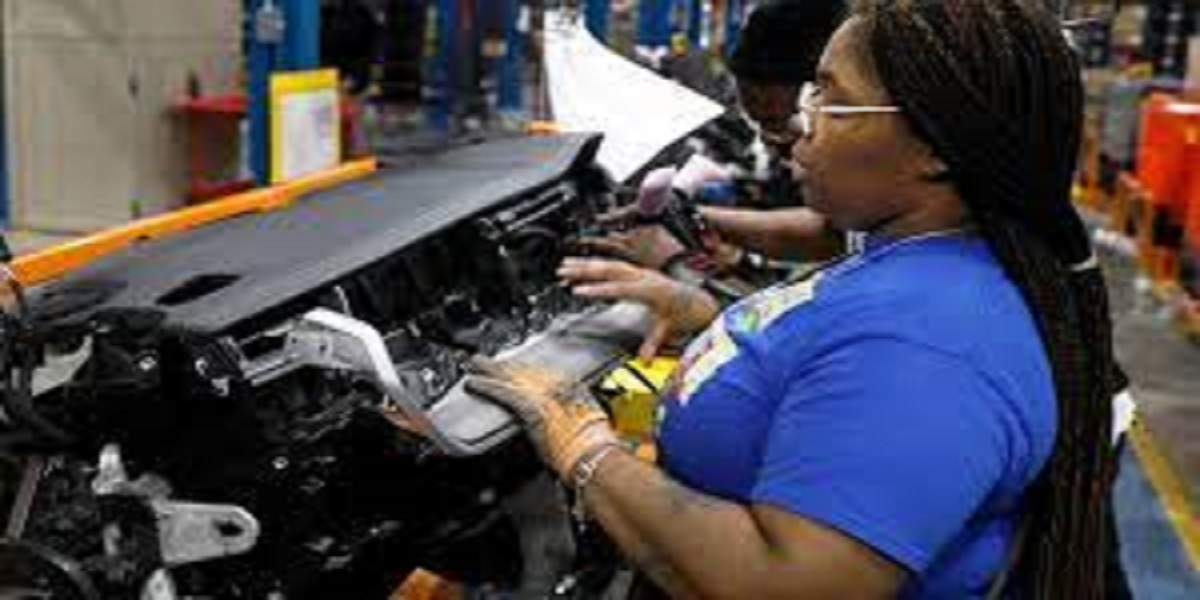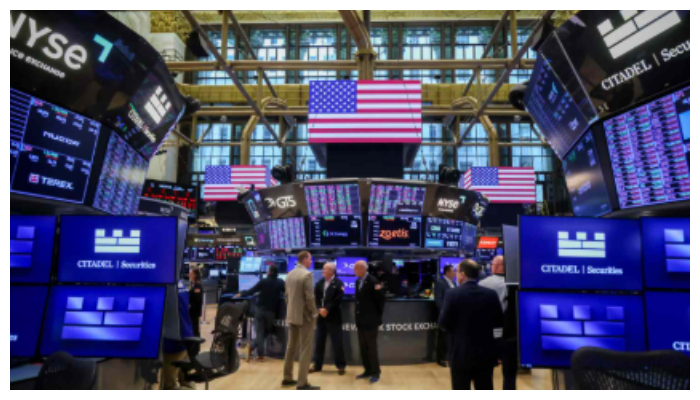Corporate leaders are taking a dreary perspective on their possibilities, with a greater part currently expecting a downturn ahead, as indicated by a firmly watched business review delivered Wednesday.
The Conference Board proportion of CEO opinion showed that 57% of respondents anticipate that expansion should descend “over the course of the following couple of years” yet the economy to support a “extremely short, gentle downturn.”
Those results mirror a generally skeptical tone from the quarterly check, as the board’s Measure of CEO Confidence tumbled to 42, a precarious drop from the principal quarter’s 57 and the most minimal since the beginning of the Covid pandemic.
Anything under 50 addresses a negative viewpoint, as the number estimates the degree of respondents anticipating development over those seeing constriction.
That perusing “is predictable with easing back without a doubt,” Roger Ferguson, bad habit executive of the Business Council and a legal administrator of The Conference Board, told CNBC’s “Cackle Box” in a meeting following the report’s delivery.
“All of this is letting us know that the blend of expansion that is excessively high, to cite [Federal Reserve Chairman] Jay Powell, compensation that are expanding yet not staying aware of expansion, and afterward the failure to pass this along is making an extremely, testing dynamic,” said Ferguson, a previous Fed bad habit seat.
The downturn assumption perusing wasn’t the main awful information out of the report.
Only 14% of CEOs revealed that business conditions had worked on in Q2, down from 34% in the main quarter.
61% said conditions were more awful, contrasted and 35% in the earlier perusing.
Just 19% see improvement ahead, down from half, while 60% anticipate that things should decline, up from 23%.
One piece of uplifting news was that 63% hope to employ in the following quarter, down just marginally from 66% in Q1.
Nonetheless, a few 80% said they were having issues getting qualified specialists, down only somewhat, while 91% see compensation ascending by over 3% throughout the following year, up from 85% in the initial three months of the year.
Additionally, simply 38% hope to increment capital spending, a sharp downfall from 48% already. Some 20% see stagflation states of low development and high expansion.
Powell said in a meeting Tuesday with The Wall Street Journal that still up in the air to pack down expansion, demanding that he should see conditions change “in an unmistakable and persuading way” before the Fed quits raising rates and fixing financial strategy.
Ferguson said the overview “proposes that this situation isn’t probably going to get better at any point in the near future and thus pressures on the center line and the main concern for organizations, pressures on the family area, pressures at CEO level, and, to be perfectly honest, pressures on the Federal Reserve.”





















